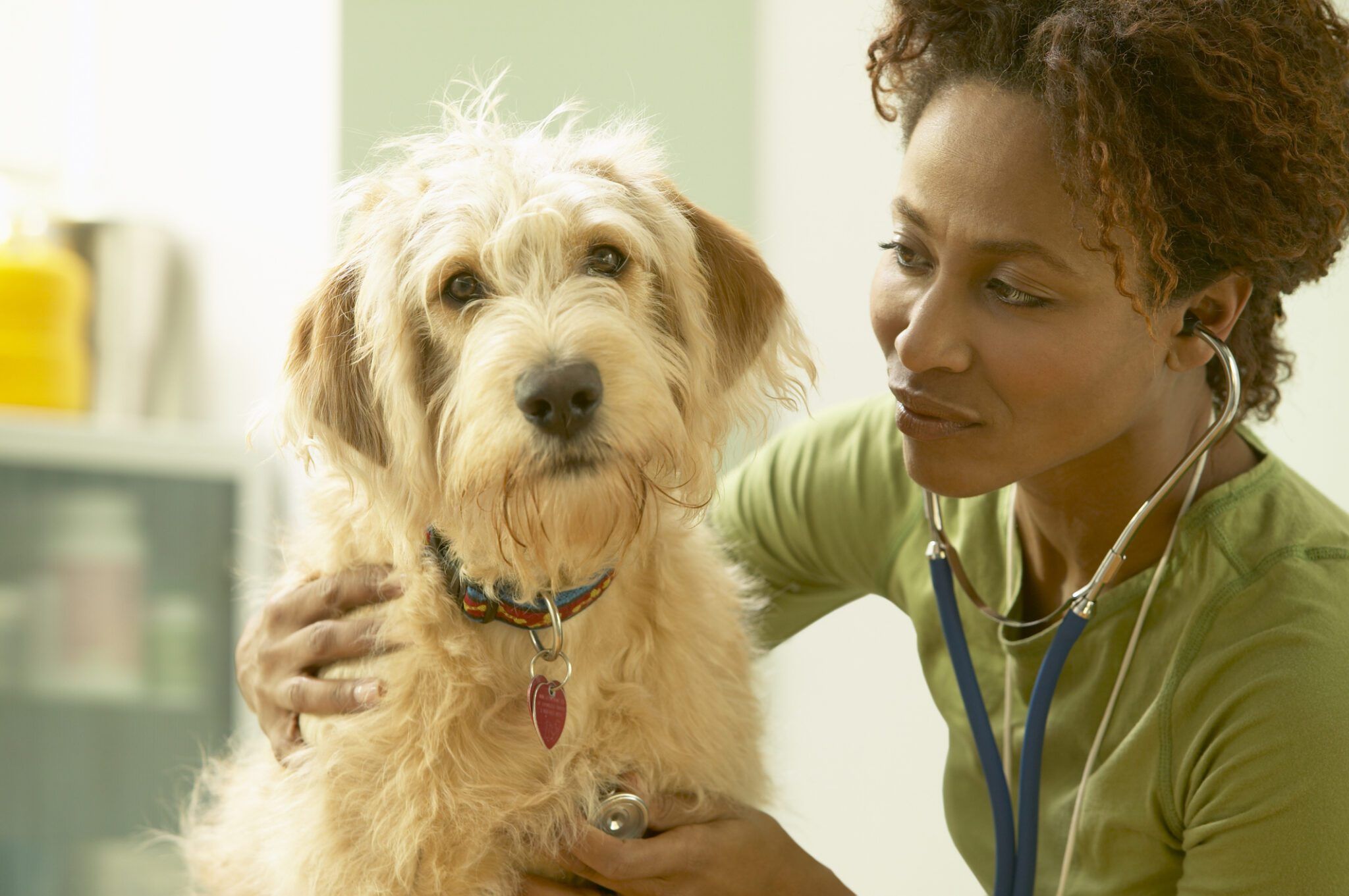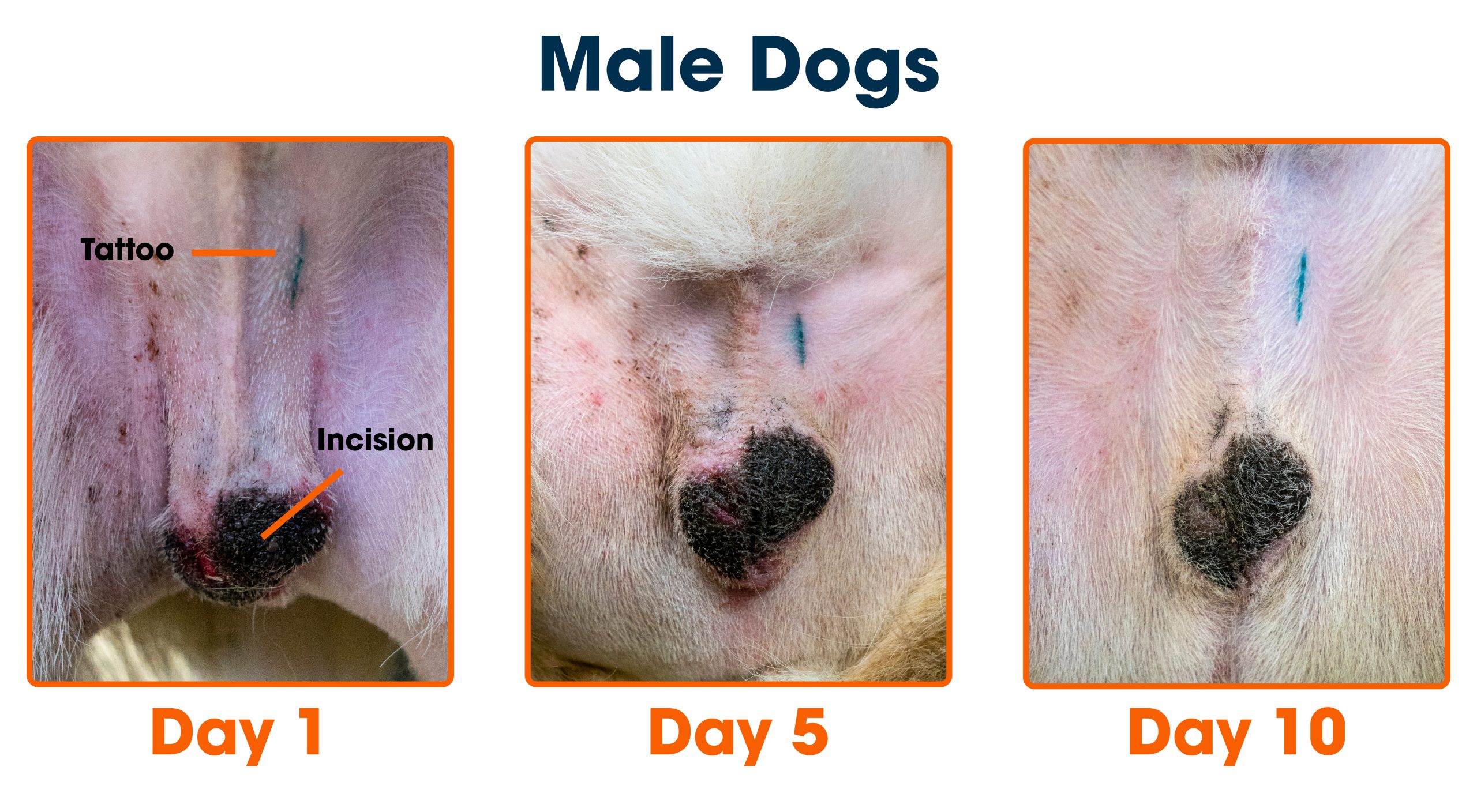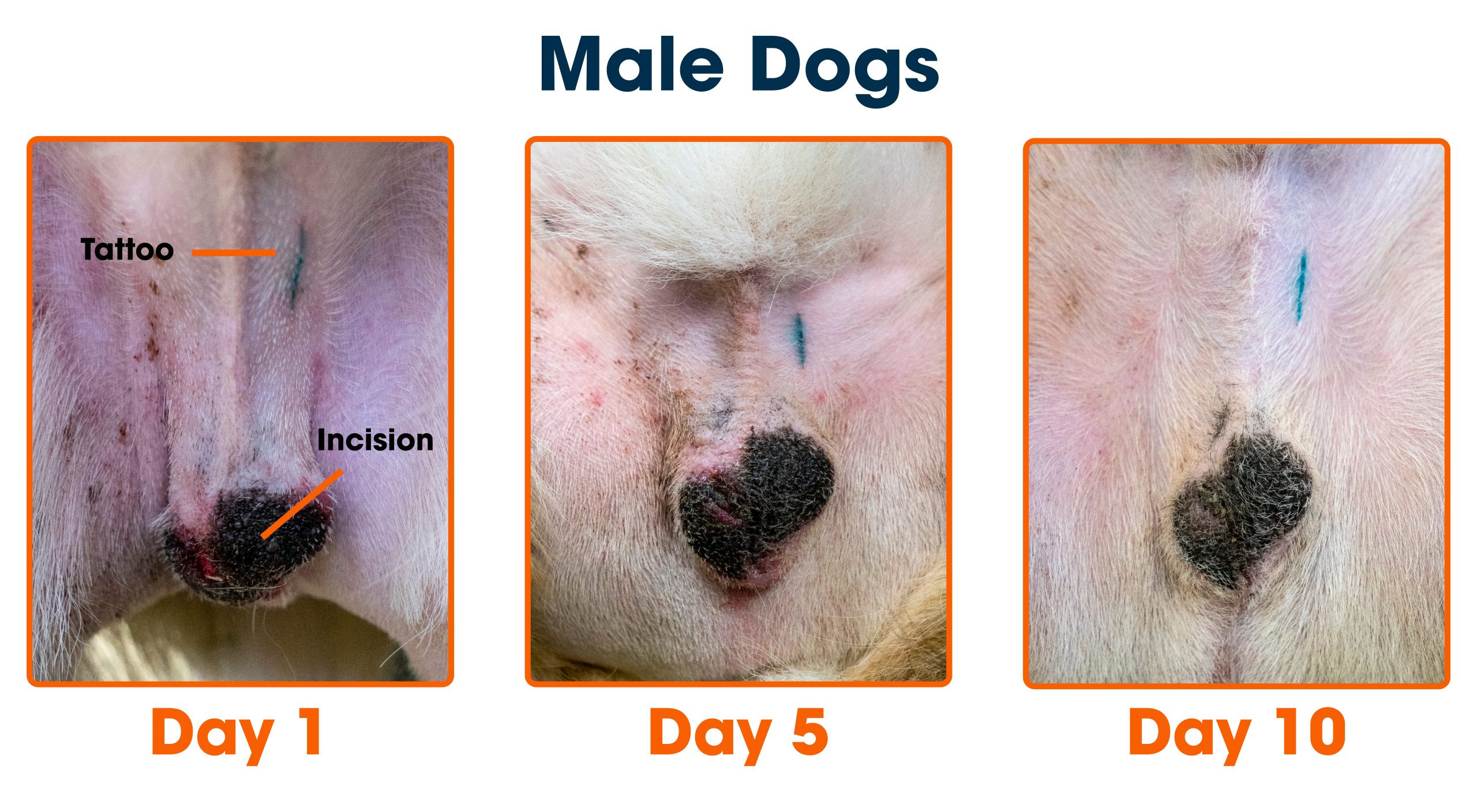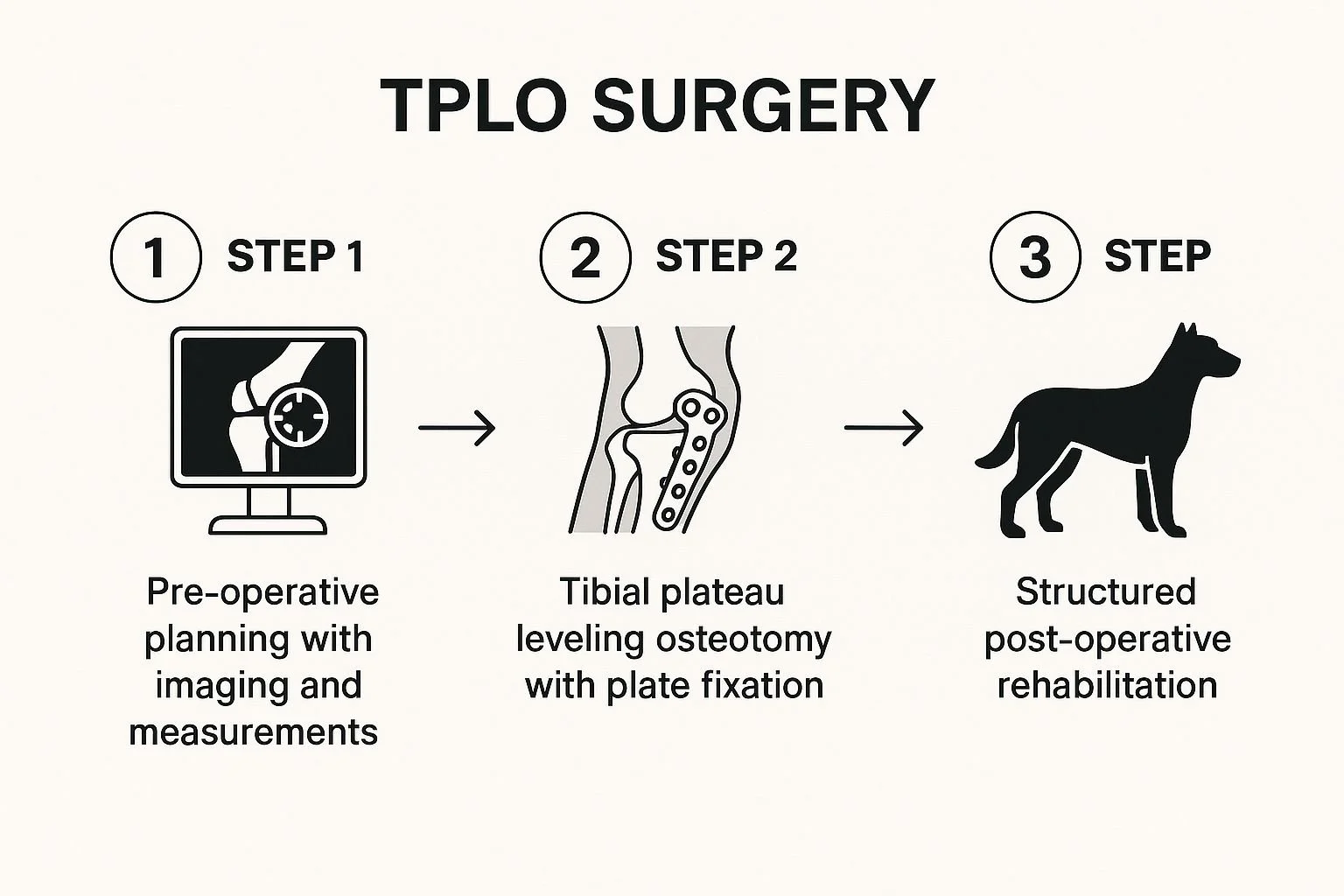You love your dog and want to keep them healthy and happy. But how often should your furry friend visit the vet?
It’s a question many pet owners struggle with. Visiting too rarely might put your dog’s health at risk, while too many trips can cause unnecessary stress and expense. You’ll discover the best schedule for vet visits based on your dog’s age, breed, and lifestyle.
Keep reading to learn how to give your dog the care they deserve without the guesswork.
Routine Vet Visits
Routine vet visits keep your dog healthy and catch problems early. Regular exams help monitor growth and spot signs of illness. The frequency of visits changes with your dog’s age and health needs.
Puppy Checkups
Puppies need frequent vet visits for vaccinations and growth checks. Visits usually happen every few weeks until they are about four months old. Vets check for parasites, proper development, and behavior. These early visits lay a strong foundation for a healthy life.
Adult Dog Exams
Adult dogs should visit the vet at least once a year. Annual exams include vaccinations, dental checks, and weight monitoring. Vets also test for common diseases and update preventive care. Regular checkups help catch issues before they become serious.
Senior Dog Care
Senior dogs need more frequent vet visits, about twice a year. Older dogs face risks like arthritis, kidney problems, and vision loss. Vets focus on managing chronic conditions and adjusting diets. Frequent exams improve comfort and extend your dog’s quality of life.
Frequency Based On Health
The frequency of veterinary visits depends largely on a dog’s health status. Different health conditions require different check-up routines. Regular visits help catch problems early and keep pets happy. Understanding how often to visit the vet can improve a dog’s quality of life.
Healthy Dogs
Healthy dogs usually need a vet visit once a year. Annual check-ups include vaccines, dental checks, and parasite control. These visits help ensure the dog remains in good health. Early detection of any issues is possible during these yearly exams.
Chronic Conditions
Dogs with chronic conditions require more frequent vet visits. Conditions like diabetes, arthritis, or heart disease need close monitoring. Typically, vets recommend visits every three to six months. These visits allow adjustments to treatment plans and medication.
Post-illness Follow-ups
After illness or surgery, follow-up visits are crucial. The vet checks healing progress and prevents complications. Follow-ups might be weekly or monthly depending on the illness. Timely visits ensure a full and healthy recovery for the dog.
Vaccination Schedules
Vaccination schedules play a crucial role in keeping your dog healthy and protected against harmful diseases. Understanding which vaccines your dog needs and when to give them helps prevent illness and supports a longer, happier life. Let’s break down the types of vaccines and their timing to help you stay on top of your dog’s health.
Core Vaccines
Core vaccines are essential for all dogs, regardless of their lifestyle or location. They protect against severe diseases like rabies, distemper, parvovirus, and adenovirus. These vaccines are often required by law, especially rabies, because they protect both your pet and the community.
Typically, puppies receive core vaccines starting at 6 to 8 weeks old, with booster shots every 3 to 4 weeks until they’re about 16 weeks old. Adult dogs usually get a booster one year after the initial series, then every 1 to 3 years depending on your vet’s advice and local regulations.
Non-core Vaccines
Non-core vaccines are given based on your dog’s lifestyle and risk factors. If your dog spends a lot of time outdoors or in dog parks, vaccines like Bordetella (kennel cough), Lyme disease, or leptospirosis might be necessary. Not every dog needs these, so discuss with your vet what fits your pet’s routine.
These vaccines help target diseases that are common in certain areas or environments but aren’t universally required. For example, a dog that never leaves your home might not need the Lyme vaccine, but one in a tick-prone area definitely should.
Booster Shots Timing
Keeping track of booster shots is key to maintaining vaccine protection. After the initial puppy series, boosters are generally given annually or every three years depending on the vaccine. Your vet will provide a schedule tailored to your dog’s health and risks.
Missing boosters can leave your dog vulnerable, so setting reminders on your phone or calendar can help. Have you ever forgotten a booster appointment and worried about your dog’s immunity? Staying consistent with boosters is a simple way to avoid that stress.

Credit: www.whole-dog-journal.com
Dental And Preventive Care
Dental and preventive care are essential for a dog’s health. Regular vet visits help catch problems early. Healthy teeth and gums prevent pain and infections. Preventive care also protects against parasites and nutritional issues. These steps keep your dog happy and active.
Dental Check Frequency
Dogs should have a dental check at least once a year. Some breeds need more frequent checks. Your vet will examine teeth and gums for signs of disease. Early detection stops bad breath, tooth loss, and infections. Regular cleanings may be recommended to keep teeth strong.
Parasite Prevention
Parasites like fleas, ticks, and worms harm your dog’s health. A vet can suggest the best prevention plan. Many dogs need parasite checks during yearly visits. Some need treatments every few months. Parasite control protects your dog from illness and discomfort.
Nutritional Assessments
Good nutrition supports overall health and energy. Vets review your dog’s diet during visits. They check weight, coat condition, and activity level. Adjustments to food may be needed as dogs age. Proper nutrition helps prevent obesity and related diseases.
Signs To Visit The Vet Sooner
Knowing when to take your dog to the vet sooner than the regular check-up schedule can make a big difference in their health. Not every symptom is obvious, and some signs require immediate attention to prevent serious issues. Paying close attention to your dog’s behavior and physical condition helps you act quickly and confidently.
Behavioral Changes
Has your dog suddenly become withdrawn or unusually aggressive? Changes in mood, energy, or appetite can signal health problems that need a vet’s evaluation. If your normally active dog starts hiding or stops eating for more than a day, it’s time to get professional advice.
Watch for repeated shaking, excessive scratching, or sudden anxiety. These might seem like minor annoyances but could indicate pain or discomfort. Ignoring these signs can allow an underlying illness to worsen.
Physical Symptoms
Physical signs often give clear clues that your dog needs to see a vet sooner. Look for persistent vomiting, diarrhea, or coughing that lasts more than 24 hours. These symptoms can quickly lead to dehydration or infection if untreated.
Also, check for unusual lumps, swelling, limping, or difficulty breathing. If you notice blood in urine or stool, or if your dog is bleeding from any part of the body, don’t wait. These are urgent signals that require immediate veterinary care.
Emergency Situations
Some situations demand a vet visit right away. If your dog is choking, has been poisoned, or shows signs of seizures, act immediately. Time is critical in emergencies, and delaying care could be life-threatening.
Other emergencies include severe trauma, such as being hit by a car, sudden collapse, or uncontrollable bleeding. Do you have your vet’s emergency number saved? Knowing where to go fast can save your dog’s life.

Credit: www.lilyskitchen.co.uk
Special Considerations
Special considerations affect how often a dog should visit the vet. These factors go beyond the general advice. They help tailor the care to fit each dog’s unique life and health needs.
Breed-specific Needs
Different breeds face different health risks. Some breeds need more frequent check-ups. For example, large dogs often develop joint issues early. Small breeds may have dental problems. Knowing your dog’s breed helps predict health concerns. Vets can suggest customized visit schedules. This keeps your dog healthier for longer.
Travel And Relocation
Travel changes a dog’s environment and stress levels. New places may expose dogs to unfamiliar diseases. Moving to a new area often requires new vaccinations. A vet visit before and after travel is wise. This helps catch any travel-related health issues early. It also ensures your dog adjusts safely to new surroundings.
Multiple Pets Household
Homes with many pets need special attention. Illness can spread quickly between animals. Regular vet visits help monitor all pets’ health. Vets can advise on preventing infections. They may recommend more frequent health checks. This keeps all pets safe and reduces health risks.

Credit: www.facebook.com
Frequently Asked Questions
How Often Should Puppies Visit The Vet?
Puppies need vet visits every 3-4 weeks until 16 weeks old. These visits include vaccinations, deworming, and health checks to ensure proper growth and immunity.
When Should Adult Dogs See The Vet?
Adult dogs should visit the vet at least once a year. Annual check-ups help detect health issues early and keep vaccinations current.
How Frequently Do Senior Dogs Need Vet Care?
Senior dogs require vet visits twice a year. More frequent check-ups help manage age-related conditions and maintain quality of life.
What Signs Indicate An Immediate Vet Visit?
Urgent signs include vomiting, diarrhea, difficulty breathing, or sudden behavior changes. Immediate vet care is crucial to address potential emergencies.
Conclusion
Regular vet visits keep your dog healthy and happy. Puppies need more frequent checks to grow strong. Adult dogs benefit from yearly exams to catch problems early. Older dogs might require visits every six months. Watch your dog’s behavior and health closely.
Any sudden changes call for a vet visit. Preventive care saves money and pain later. Trust your vet’s advice on the best schedule. Healthy dogs live longer, enjoy life more. Don’t delay vet visits; your dog depends on you.







